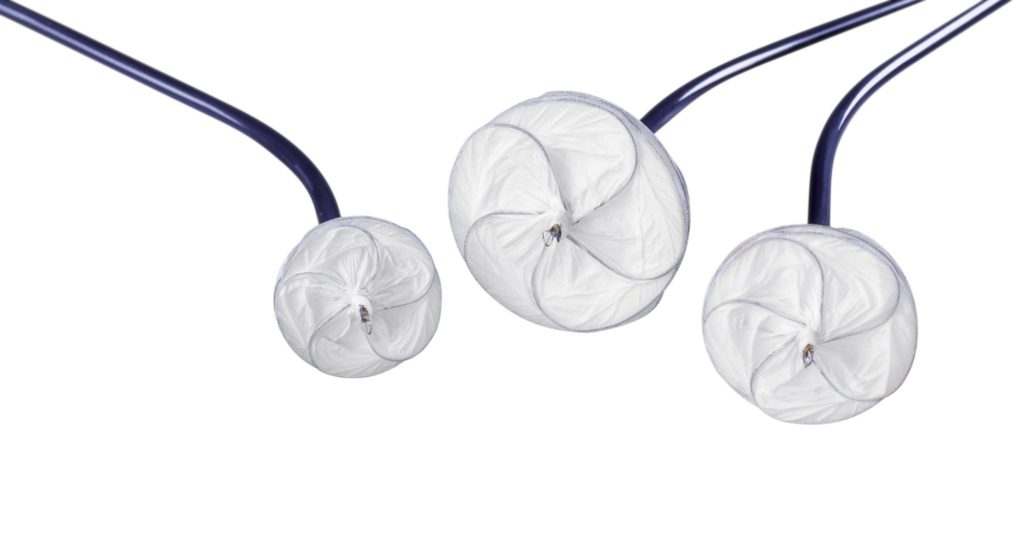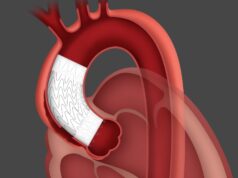
Gore has announced the release of three-year data from the ASSURED clinical study, evaluating the long-term safety and efficacy of treating ostium secundum atrial septal defects (ASDs) with the Cardioform ASD occluder. The results were published in the September 2024 online issue of JACC: Cardiovascular Interventions.
The ASSURED study data demonstrated long-term safety and efficacy of the Cardioform ASD occluder at six, 12 and 36 months, with 100% closure success rate among patients evaluated at 36 months (n = 357).
Clinical trial physicians across 22 sites successfully implanted the device in 92.4% of patients (n=569), with a low rate of reported 30-day device/procedure-related serious adverse events (SAEs) (3.7%), as well as a low rate of device events (4.1%), and clinically significant new arrhythmia (4.2%) through 36 months.
At three years, the composite clinical success—as defined by satisfying achievement of technical success, safety success and closure success— was 84% (351/418).
“Completion of the 36-month follow-up in this larger population clearly demonstrates the device’s long-term safety and closure efficacy. The Gore Cardioform ASD occluder continues to be a useful device for interventional cardiologists,” said Robert J Sommer (Columbia University Irving Medical Center, New York, USA), co-principal investigator of the ASSURED study.
The prospective, multicentre, single-arm comparison study was designed using performance goals derived from clinical study outcomes for devices indicated for ASD closure.
Results include the previously reported pivotal cohort (n = 125) and patients who were enrolled in the continued access phase (n = 444) through 36 months of follow-up for a total of 569 patients. There were no age limitations and no retro-aortic rim requirements, and all patients had ostium secundum ASDs that measured 8–35 mm by stop-flow balloon sizing.
“These long-term safety and efficacy outcomes speak directly to the performance and effectiveness of the Gore Cardioform ASD occluder,” said Athar M Qureshi (Texas Children’s Hospital and Baylor College of Medicine, Houston, USA), site investigator and lead author of the 36-month ASSURED study manuscript. “The soft and conformable design helped deliver 100% closure and a low rate of SAEs across ASD anatomies, with no reported clinical sequelae as a result of wireframe fracture in the study.”










